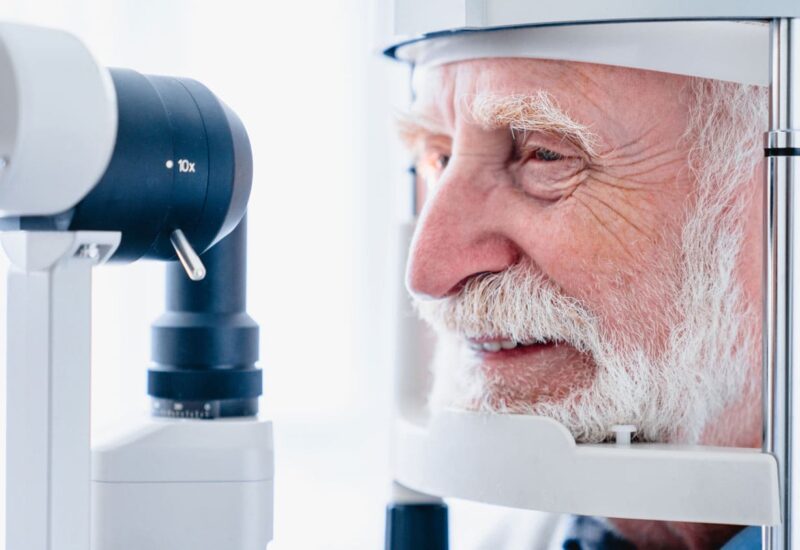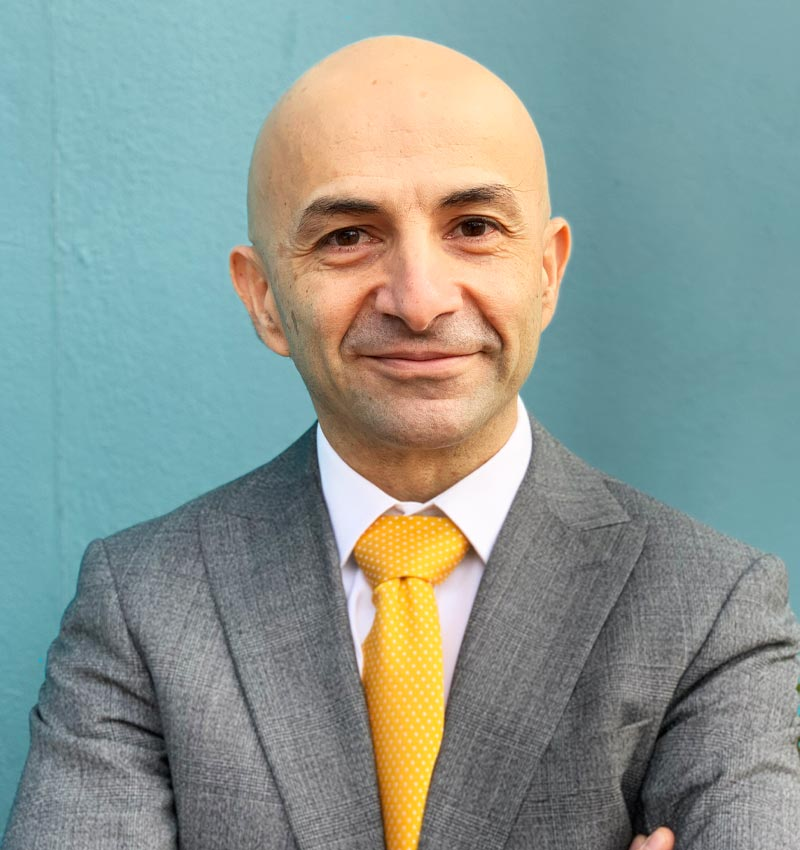Choosing your lens implant: a crucial decision
Cataract surgery is a commonly performed and highly effective procedure that can significantly improve vision. But is it better to be nearsighted or farsighted after cataract surgery? During the procedure, the cloudy natural lens of your eye is replaced with a clear artificial lens implant. One of the key decisions you’ll make with your eye surgeon is the type of lens implant to choose because this will determine the type of vision you will have post-surgery.
Understanding nearsightedness and farsightedness
Before we dive into the specifics of lens implants, it’s helpful to review nearsightedness, farsightedness and how they impact what you see.
- People with myopia (near-sight) can see clearly up close, but distance appears blurry, and so wear glasses at all times except when reading.
- People with hyperopia (far-sight – although this is a misnomer) cannot see clearly at any distance without glasses, and so always wear glasses.
Lens implant options and their impact on vision
The type of lens implant you choose will influence your vision after surgery; here are the primary options:
- Monofocal lens:
- Provides clear vision at one distance, either near or far.
- Nearsighted: You’ll have clear close-up vision but will need glasses for everything else.
- Farsighted: You’ll have clear distance vision but will need glasses for mid-range (arm’s length) and close-up vision.
- This is the option typically offered by the NHS.
- Multifocal / trifocal lens:
- Provides the greatest range of focus with good vision at distance, intermediate, and near.
- Toric lens:
- Treats astigmatism. All lens types are available in a version called a toric lens, which means that patients with astigmatism have the full range of lens options.
Which option is right for you?
Several factors will help you to determine the best lens implant for you. These include:
- Your age: Multifocal lenses can be suitable for patients of all ages, depending on individual requirements and clinical examination.
- Your lifestyle: Your daily activities and visual needs will influence your lens choice.
- Your eye health: Your overall eye health and any pre-existing eye conditions can impact the suitability of different lens implants.
Consulting your surgeon
Not all surgeons use the full range of lens types or treat astigmatism. It’s crucial to have a detailed conversation with your ophthalmologist about your options. That’s the best way to make an informed decision that meets your needs. Prof Muhtaseb will assess your individual health and lifestyle aims and help you to make the decision that best suits you.
The goal is to find the lens implant that will provide you with the clearest, most comfortable vision possible to suit your lifestyle. By understanding your options and working closely with your surgeon, you can make an informed decision that will benefit you for years to come.





